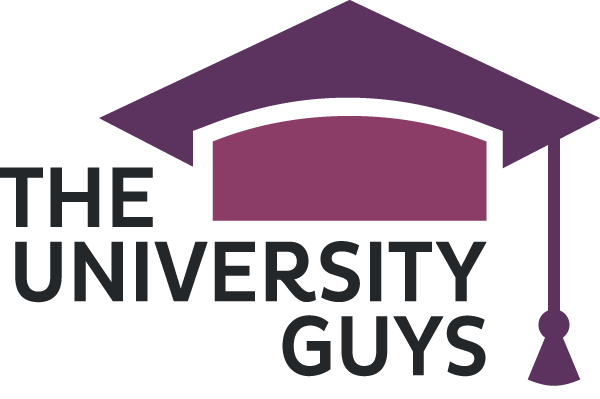Around the world, students considering university applications outside of their home country are faced with choices about who to turn to for advice, particularly in situations where they might not have advice in their school.
Broadly speaking, the services available fall into two options: commission-based agents or independent counselors. So, what’s the difference?
The main difference is how the two groups earn their money.
Agents don’t charge families for their services, as in return for representing and promoting universities they have formal agreements with they receive a percentage (usually 10%) of the fees that a student pays to the university they enrol at.
Counselors don’t have such partnerships, and instead will charge families for their services.
Why does this matter? Well using an agent can be great if the agent has a partnership and relationship with universities you want to go to, as there are no costs to pay. But what if you want to go to a university which this agent doesn’t work with, or one which refuses to work with any agents? Also, if you are new to the world of universities in the country you are considering, how do you know you are getting impartial advice if the agent will only earn money if you end up attending a university they will get a commission from?
Think of it like this: if you head to the market to buy vegetables, you may not know which vegetables you want but you have the full choice of what’s available. A talented cook or chef can accompany you and explain the differences of all the different types, and perhaps which stall has the best options. This is the counselor. With an agent, you may have a much more limited selection of options presented to you to look at, and the quality of each option may not be the best in the whole market. You’ll likely get a cheaper price, but at what cost overall?
The analogy can be taken a step further as well: what happens if the expert realises that it may be better for you to look at fruit as well as vegetables, and perhaps you need to visit another market: you may have decided that you want a UK university but an independent counselor wants you to look at the Netherlands as well. An agent may not be so keen to have you look at countries where they don’t have any partnerships, whereas for the counselor – who works for you – the key outcome here is to find the best pathway for you.
None of this is to say that you shouldn’t use agents, and there are some excellent agents with great training and strong university relationships who can ease the process for so many students. However, in certain circumstances a trained, accredited and expert independent counsellor could be the best option to help you find that best-fit university.









